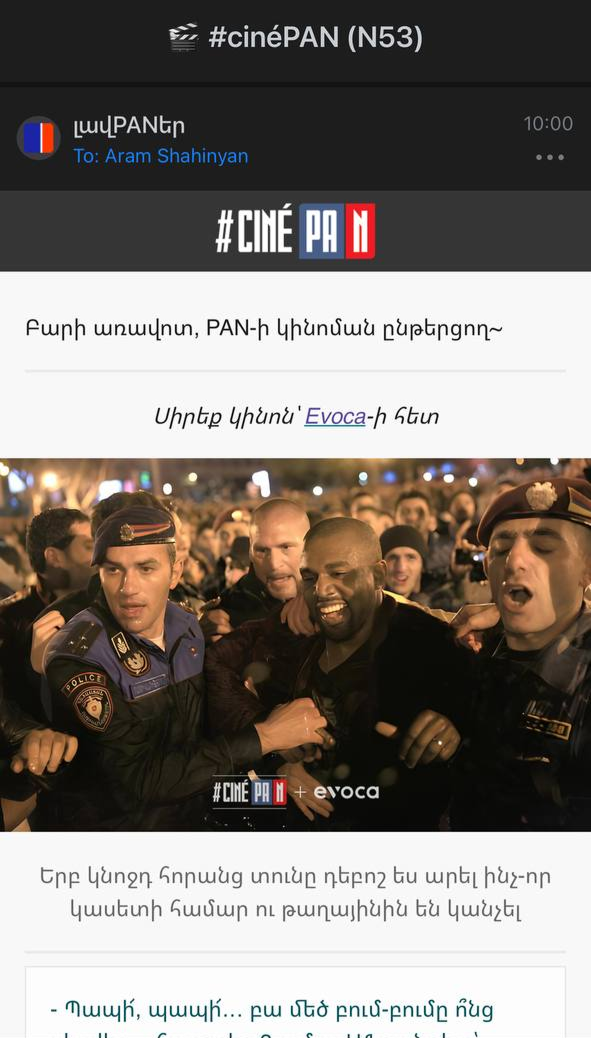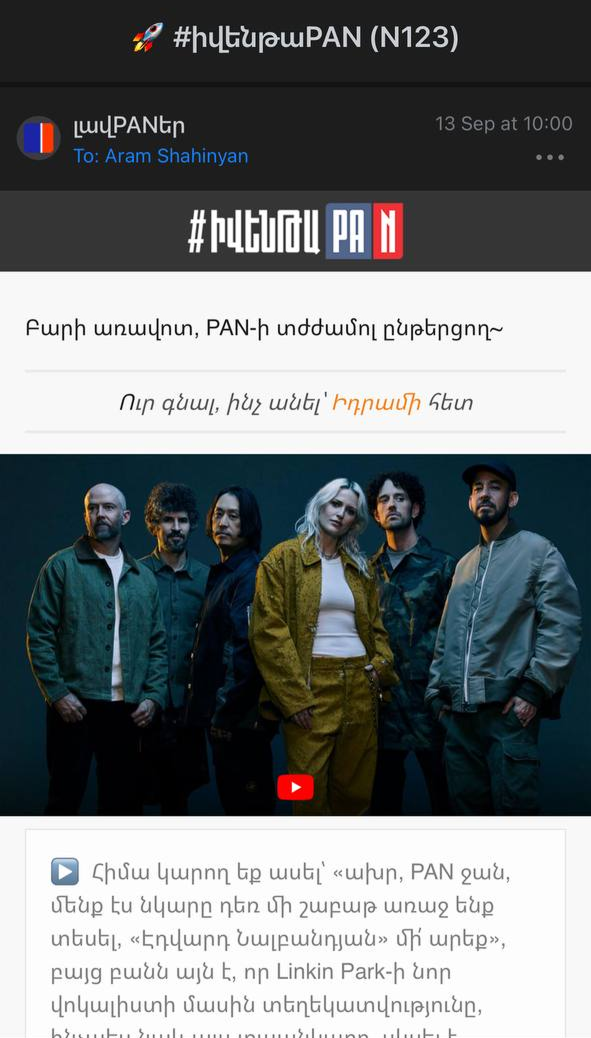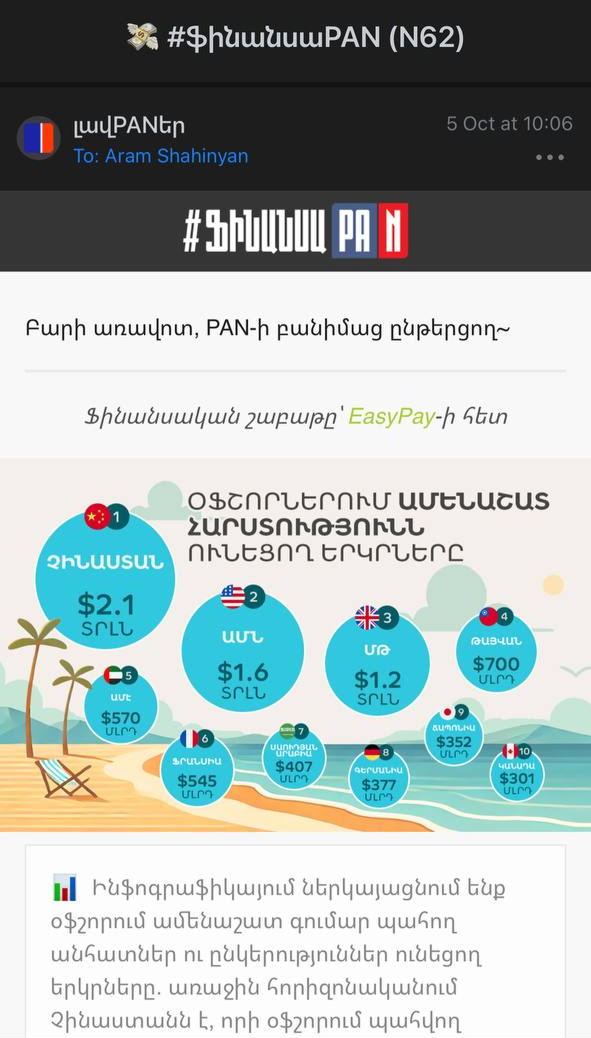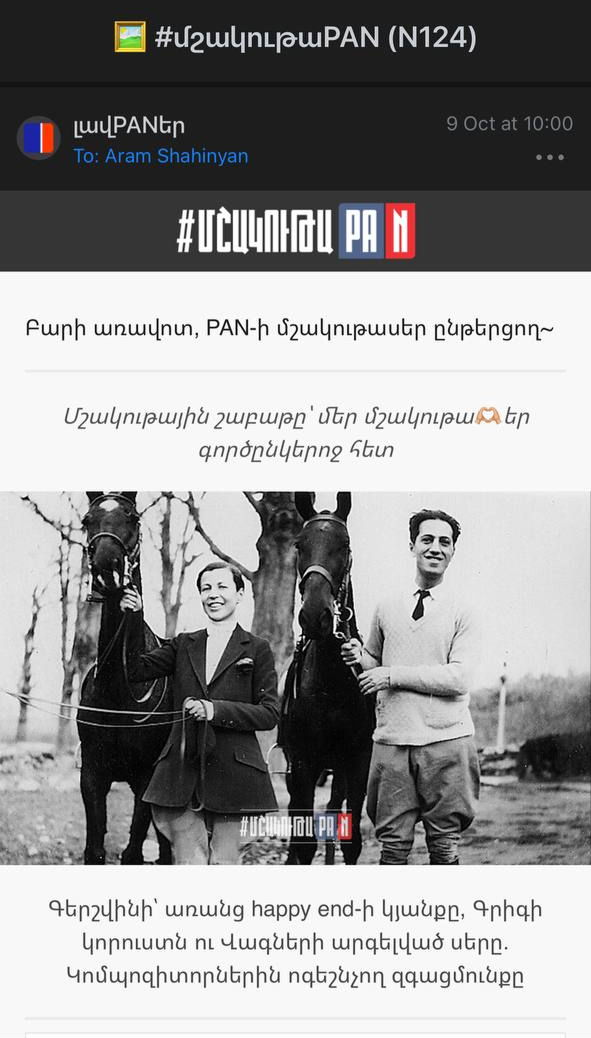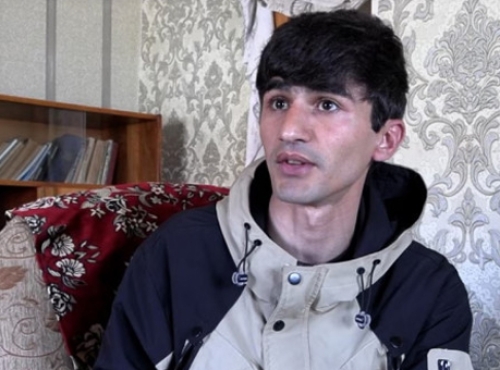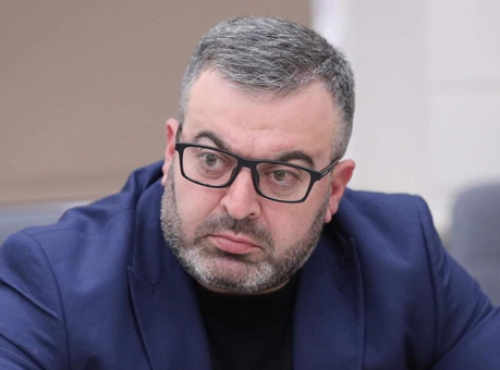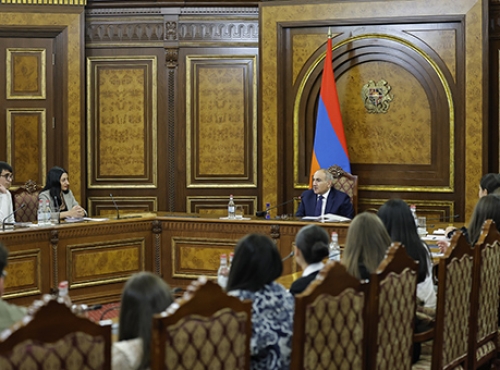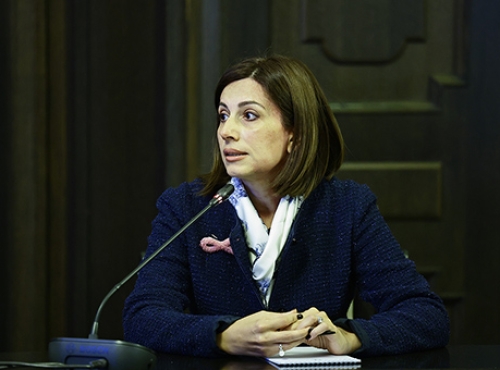Former Armenian Human Rights Defender Arman Tatoyan stated that a criminal investigation should have been immediately initiated against Vanadzor police officers following reports that they had tortured Tigran Ulubabyan, a young man from Artsakh. He emphasized that such action should have been taken regardless of whether a formal complaint was filed.
Tatoyan argues that the Armenian authorities' refusal to prosecute the police officers responsible for Ulubabyan’s alleged mistreatment constitutes a blatant violation of Armenia’s international obligations.
"According to Tigran, he suffered not only physical harm and severe pain at the hands of the police but also psychological distress, including humiliation, verbal abuse, and threats.
All police officers implicated by Ulubabyan should have been suspended pending the completion of the criminal investigation.
Furthermore, the investigation should have determined whether the officers accused of torture could interfere with the process. If there was even a slight indication of such a risk, they should have been immediately dismissed. This does not preclude the use of coercive measures such as arrest or detention.
Ulubabyan should have been interrogated without delay. However, he was only partially questioned after public outcry, and a more comprehensive interrogation was scheduled only after yesterday’s protest.
A forensic examination should have been immediately conducted to assess the physical and psychological damage inflicted on Ulubabyan. Additionally, he should have been provided with psychological support without delay.
All police officers involved should be interrogated, including not only those who allegedly tortured Ulubabyan but also their direct superiors.
Since Tigran mentioned that the police beat him so severely that even their own legs were injured, the officers should also undergo medical examinations.
Witnesses, including other officers from the same police unit, Tigran’s friends, or relatives, should also be questioned immediately. Surveillance footage, police logs, and other relevant materials should be secured and examined.
The investigation must regularly inform the public about its progress, given the significant public interest in the case.
In torture cases, the burden of proof and evidentiary standards are particularly crucial. It is essential to determine whether there are detailed accounts of torture, and in this case, such evidence is evidently present.
Therefore, when a victim presents specific details proving torture, the burden of proof shifts to the state, which must conduct a thorough and prompt investigation to either disprove the allegations or establish that no torture occurred.
The standard of proof in torture cases is lower than in other criminal cases, given that victims are often in vulnerable conditions, held in police custody under duress, and without independent witnesses. If the state fails to refute the victim’s detailed allegations through an investigation, remains inactive, or does not conduct a proper inquiry, the assumption is that torture indeed took place.
The authorities' refusal to prosecute the police officers in Ulubabyan’s case suggests complicity in torture, clear discrimination, and a severe breach of Armenia’s international obligations. I am convinced that a political decision underlies this inaction, given the government’s approach to similar cases.
Such delays amount to endorsing impunity for torture and encouraging its continuation. Meanwhile, cases involving those favored by the authorities are investigated and prosecuted with remarkable speed. A striking example is the case of Samvel Vardanyan, whose alleged torture was swiftly pursued to ‘defend the honor’ of a ruling party MP, yet the investigation remains stagnant," Tatoyan wrote.









